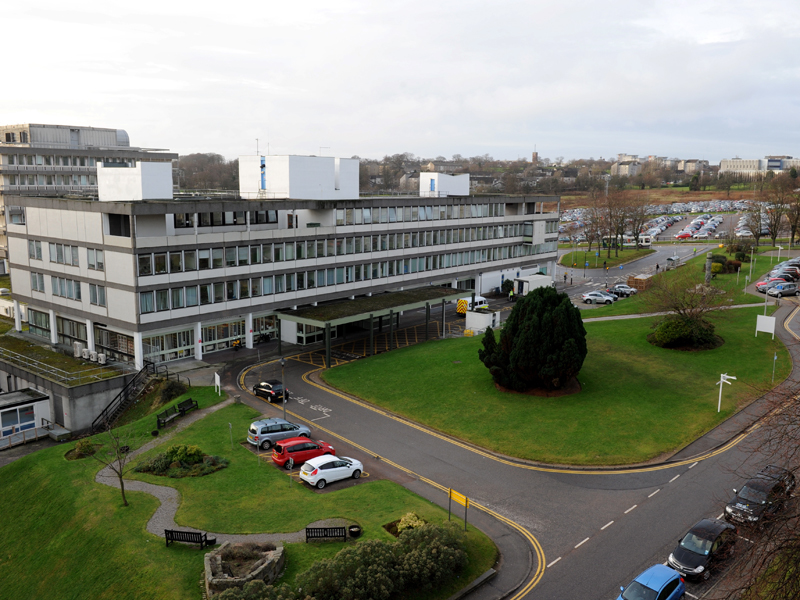Surgeons trained at Aberdeen Royal Infirmary could face further testing in future after serious failures were found in the way they were being taught.
A recent survey of general surgery trainees on the postgraduate programmes run by NHS Grampian returned the worst possible gradings for workload, access to educational resources and teaching.
The General Medical Council (GMC) findings chimed with a report by Healthcare Improvement Scotland (HIS), which said poor training had to be addressed and that consultants had been “complacent” over their roles in helping to shape the next generation of specialists.
The general surgery department at ARI has now been placed under “enhanced monitoring” by the GMC, which regulates doctor training.
Trainees will be interviewed about any concerns they have and NHS Education Scotland will decide if an individual doctor should progress, or if they will require further training.
Niall Dickson, the chief executive of the GMC, said: “The report into medical care at Aberdeen Royal Infirmary raised some very serious issues including unprofessional conduct by senior doctors, lack of performance management and a failure to follow up concerns raised by the GMC’s survey of doctors in training at the hospital.
“In response to these findings, we have placed general surgery for doctors in training under ‘enhanced monitoring’. This means we will be visiting the hospital to review education and training to determine if these doctors have any concerns following the HIS’s report.
“We will then continue to work with NHS Grampian, NHS Education for Scotland and other healthcare partners in Scotland to address the concerns raised.”
The HIS report concluded it was “unsurprising” that doctors who experience poor training and an “unsupportive” atmosphere went on to find consultant jobs elsewhere and did not recommend Aberdeen as a place to work.
New chief executive Malcolm Wright earlier said it was an “absolute priority” to improve the training experience for doctors and address NHS Grampian’s recruitment issues.
A breakdown of the GMC research found that in general surgery, trainees gave their workload 30 out of 100 – down from 40 last year – and access to educational tools at 53 out of 100, down from 61.
Educational supervision scored relatively high at 85, with local teaching scoring 46 – down from 57.
Overall experience was ranked by trainees at 70 out of 100 – down from 77.
Training in acute medicine has also raised some concerns but the vast majority of departments returned satisfactory responses from trainees.
